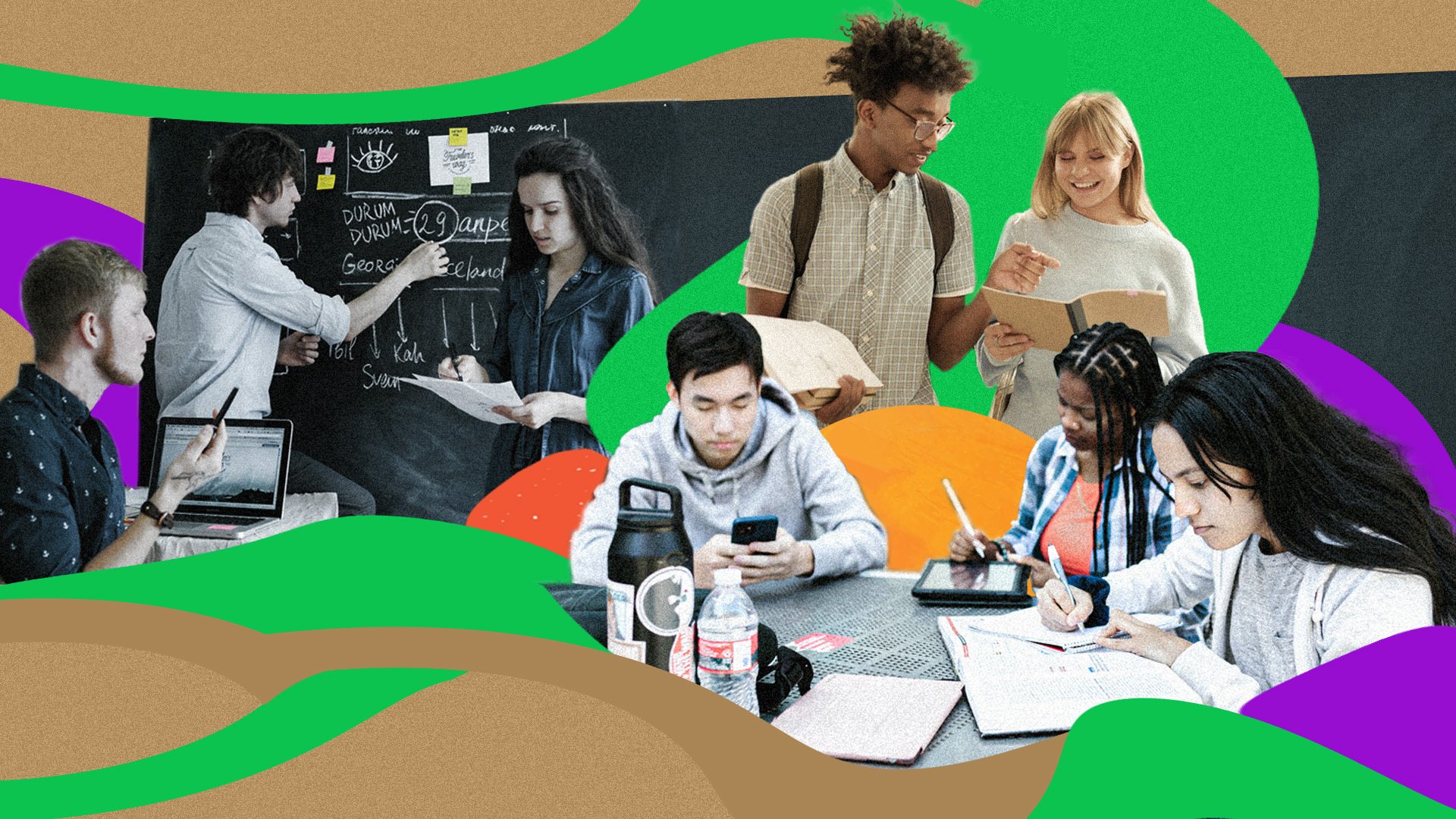- Written by David Bielik -
As educators, we are often focused on the knowledge that students are gaining in a specific content area but we can’t forget about the bigger picture of helping learners build skills that will extend beyond the classroom. The content that we teach in school is vitally important: it exposes students to a variety of skills and disciplines. But we must remember that most students won’t need to know how to read the periodic table or how to graph a quadratic equation in their everyday lives/careers. In order to help students reach their full potential, we must present these content area objectives in ways that emphasize the skills that students will use in whatever path they may choose.
Here is a list of skills that you see in nearly every job description, regardless of sector of the workforce or job title, along with ways you can emphasize these skills through the content that you are teaching in your classroom. These can be done at any age and with any subject!
Communication - It’s hard to pick a “most important” skill, but this one is up there. Being able to think through a particular topic and effectively share those thoughts with others, whether that be one-on-one, in a meeting, or with a larger group is one of the most important skills you can have in a life and career.
In the classroom: Perhaps your next project or assessment isn’t on paper. Have the students prepare a statement of explanation on a certain topic. Remind your students that most communication is non-verbal, through body language and facial expressions. You can have them present their explanation in small groups as well as with you. Have the students give each other feedback, and then integrate the feedback and try again with a different group! This is a great way to not only assess the learning objective but also help your students increase the awareness of their communication skills. (Also, this will exponentially increase their knowledge of the topic as well!)
Problem-solving/critical thinking - Everyone will have times in their life where they're presented with an issue that they didn’t expect or don’t know how to handle. The ability to understand the problem at hand, design a solution, see it through, and evaluate the effectiveness of the solution is crucial no matter how large or small the problem is.
In the classroom: For your next activity, intentionally give your students something that they wouldn’t know how to do (e.g. changing the oil in a car, growing a vegetable garden, drawing an equilateral triangle with a pencil). Guide them through each step of the problem-solving process as they explore. Emphasize that their first solution may not be the correct one. Normalize making mistakes and trying something different. Have them think of things that could go wrong and how they would navigate those challenges. Ask them how they would validate that they’ve completed the problem successfully. At the end of this activity they will not only know the specific topic inside and out, but they will also have bolstered their problem-solving abilities!
Working with others (social and emotional intelligence) - Whether the team is big or small, whether they are the leader or a team member, all students will work with others at some point in their lives. Listening, validating, being considerate, asking for help, including others and being empathetic are great life skills and they are incredibly important in a work environment.
In the classroom: You can’t just assign a “group project” and call it good! You must Intentionally build classroom activities where each member of the group comes up with ideas individually to share with the other members of the team, and then the group gives feedback and ultimately decides on how to include different components of the project. In order to emphasize the teamwork aspect instead of the end results, you could always separate the two. For example, have them work together as a group, reflect on the experience, and then go and complete the project individually by incorporating different ideas their teammates had. Help them reflect on the experience of working as a team by asking what went well, what didn’t go well, and what they would have done differently.
It’s also worth noting that these skills should be valued and emphasized school and district-wide, as well as in the classroom. Administrators should ensure students have access to clubs and after-school programs that promote problem-solving (games, puzzles, etc.), communication, and working with others. Having a space to develop these skills also shows their importance and value. School officials should also value these skills by integrating them into the school culture and community through report card comments, awards, assemblies, etc.
By thinking about the bigger picture regarding the skills and attributes that we want students to develop, we can use the content that we currently teach and merely tweak the way we present and assess it in order to emphasize skills like problem-solving, communication, working with others and many more. By helping students build these skills, we teach them more about who they are and how they can maximize their success whatever their future holds beyond the classroom.
The DMC Learning Success Team has over 30 years of combined experience in education, teaching in K-12 settings, and supporting learning success in college/university settings. Drawing from these experiences, DMC is committed to providing resources and tools related to our current work, which involves helping educational partners improve their culture through intentional and scalable solutions.

